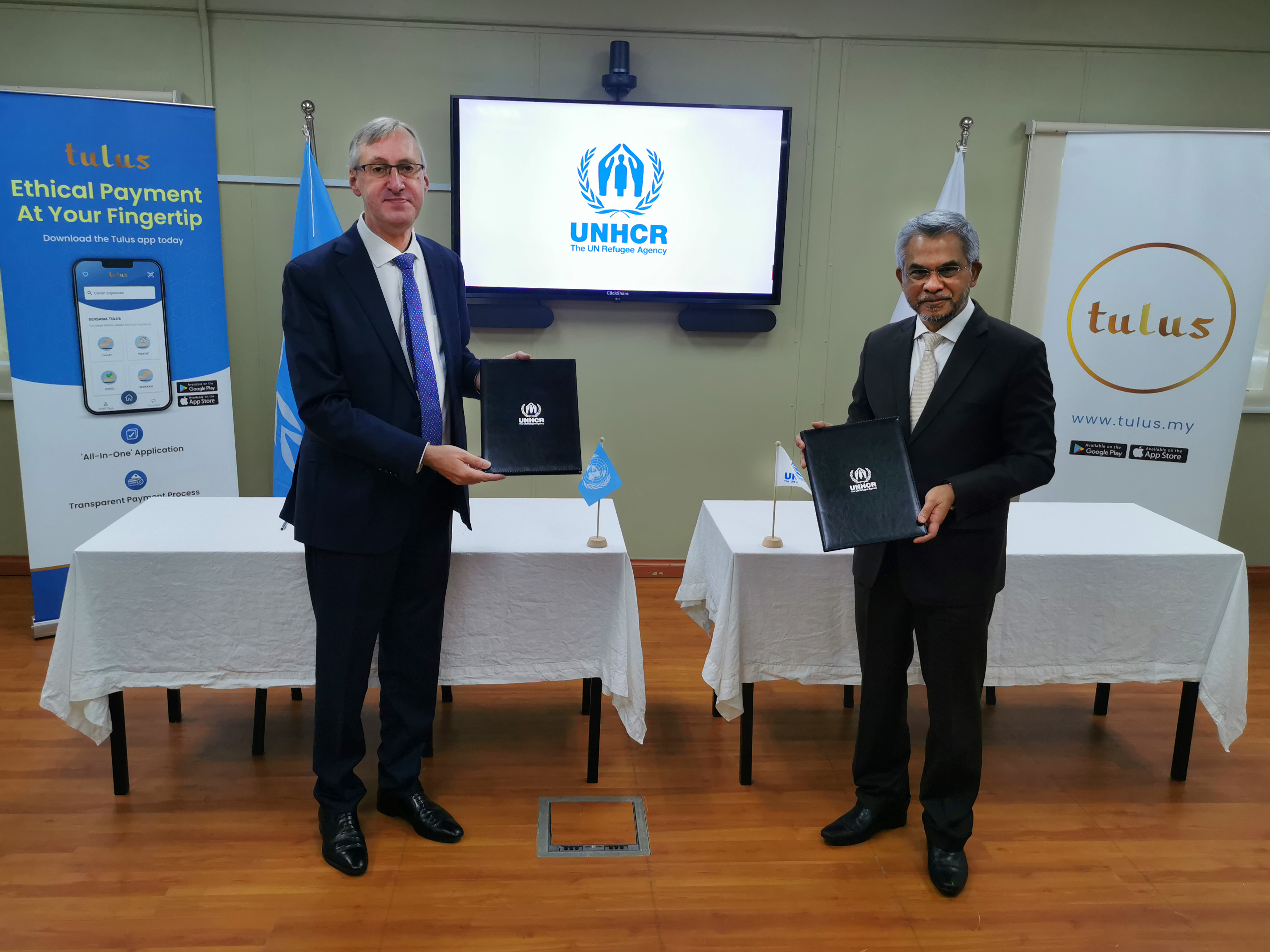UNHCR responds to child begging cases allegedly involving refugee children
UNHCR responds to child begging cases allegedly involving refugee children

Kuala Lumpur, 6 January 2022 - UNHCR views with concern news of begging cases in the Klang Valley, allegedly involving refugee children.
Vagrancy and begging is a difficult issue for Malaysia to deal with, especially when it involves children. The responsibility rests with the relevant Government departments to manage and protect children in these circumstances, as prescribed under the Convention on the Rights of the Child.
UNHCR is available to provide advice and assist the Government in situations where refugees are involved. Clearly, the best interests of children must be a paramount consideration when managing this issue.
The challenge is that all refugees are considered as illegal in this country. They are unable to be self-reliant through access to legal work. For most refugee families, it is a struggle to earn sufficient income for their basic needs.
In order to survive, refugees find work in the informal sector, and are often subject to exploitation including being paid extremely low wages for working long hours, or sometimes, no wages at all.
For survival purposes, it is not uncommon for refugee youths to find odd jobs in order to help augment their families' income. In any community, it is poverty and desperation that drives families to allow their children to go out and earn income.
Based on insights from refugee communities themselves, it is only a very small percentage of refugees who have been forced to resort to begging in order to make ends meet. It is an indicator of the desperation of a family to allow their children to go out and beg.
If refugee parents are able to work legally and are able to support their families, and if refugee children are able to attend formal schooling, the chances of children being in exploitative conditions are reduced. Children should be in school, not on the streets begging.



